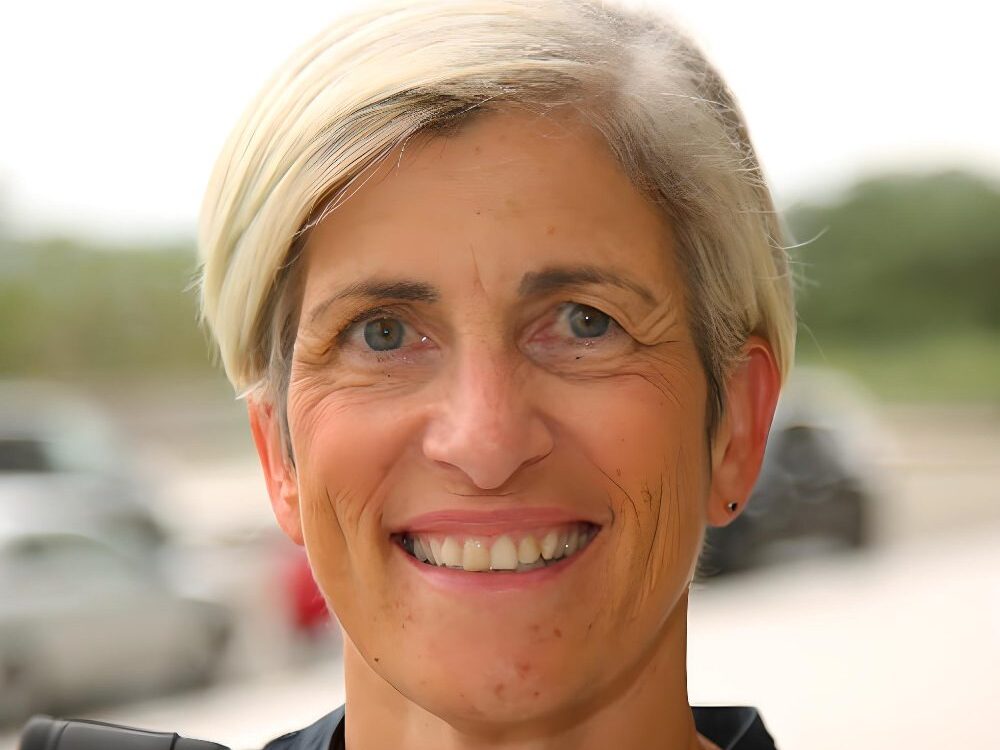
Pat Garcia-Gonzalez: Ethiopia Revisited – on the strength of the human spirit and progress in the face of adversity
Pat Garcia-Gonzalez, Chief Executive Officer at The Max Foundation, shared on LinkedIn:
“Earlier last week, as I sat in a small clinic room in Ayider Hospital in Mekelle, in the Tigray region of Ethiopia, a young woman walked in clutching a book. I soon recognized the title, ‘The Secret,’ a popular self-help book based on the belief that thought can influence objective circumstances within one’s life.
It is no coincidence that this is the second time I have seen a cancer patient walking into a hospital holding the same book. The first time was in Mozambique, where a young man had been making the long journey to the hospital, hoping this time he could finally get the treatment he needed.
His wish became reality that day, as he was the first patient to access treatment through The Max Foundation’s access program in the country.
Today, as the doctor introduced the young woman to us, he mentioned that she always brings the book with her when she comes for her appointment. She was 9 years old when she was diagnosed with leukemia. Now 22, she has required daily treatment for 13 years to keep her cancer at bay.
The last few of those years have been almost too hard to describe, with first COVID lockdowns and then a brutal war causing long treatment interruptions. Yet she continues to persevere. In a world of insurmountable challenges, this book seems to provide a source of strength to those hoping for a better life.
The young woman’s journey and mine intertwine. Thirteen years after my first trip to Addis, last week I was back in the country. I am energized and inspired by the progress made and equally touched by the challenges both patients and healthcare teams have had to endure.
Big picture, there has been amazing progress since my first visit in October of 2011. At that time, in collaboration with the only two hematologists in the country and Novartis, we were providing access to a highly impactful and innovative medicine for 200 cancer patients.
During my visit back then, we performed the first molecular test to measure the level of the BCR-ABL gene. Prior to that day, patients suspected to have chronic myeloid leukemia had to sell property to send their blood samples out of the country.
Fast forward to today, the program has helped 2,500 families; we provide access to five innovative cancer drugs from four manufacturers, and patients can now be tested in the country. From two hematologists, there are now eleven, and the prevalence of the disease has increased since patients are living longer.
Our partner hematologists at Black Lion Hospital see more than 100 patients in each clinic day. After the war, especially in the North region, most patients we met spoke of a lack of job opportunities.
Only two patients reported having jobs, both earning the equivalent of $30 USD a month. We heard a man, his head down in shame, describe his anxiety when a medical appointment nears, as he is faced with choosing between the cost of transportation to the hospital and feeding his children.
We witnessed a woman crying as she told us that on the day she comes for her appointment, she does not eat due to lack of money. As I said goodbye and promised to return sooner next time, our agreed priorities today include decentralizing the program to bring treatment closer to patients.
We also plan to provide transportation grants for patients who still need them, implement a compliance support program, provide at least one new treatment, and increase the investment in diagnostics.
Access to cancer treatment requires much more than making medicine available. Only by working together with a focus on supporting patients and their families can we alleviate unnecessary suffering and premature death from cancer. And because we can, we must.”
Source: Pat Garcia-Gonzalez/LinkedIn
-
Challenging the Status Quo in Colorectal Cancer 2024
December 6-8, 2024
-
ESMO 2024 Congress
September 13-17, 2024
-
ASCO Annual Meeting
May 30 - June 4, 2024
-
Yvonne Award 2024
May 31, 2024
-
OncoThon 2024, Online
Feb. 15, 2024
-
Global Summit on War & Cancer 2023, Online
Dec. 14-16, 2023
